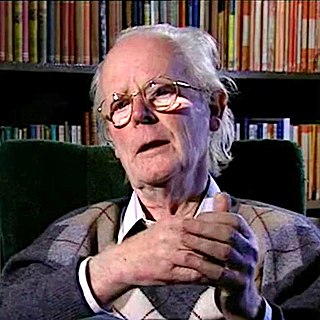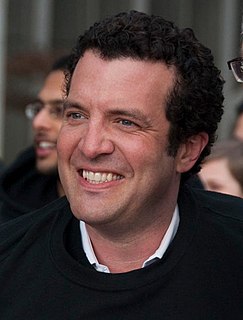A Quote by N. T. Wright
Traditions tell us where we have come from. Scripture itself is a better guide as to where we should now be going.
Related Quotes
Nearly all literature, in one sense, is made up of guide-books. Old ones tell us the ways our fathers went, through the thoroughfares and courts of old; but how few of those former places can their posterity trace, amid avenues of modern erections; to how few is the old guide-book now a clew! Every age makes its own guide-books, and the old ones are used for waste paper.
Let this point therefore stand: that those whom the Holy Spirit has inwardly taught truly rest upon Scripture, and that Scripture itself is self-authenticated. . . . Therefore, illumined by his power, we believe neither by our own nor by any one else's judgment that Scripture is from God; but above human judgment we affirm with utter certainty (just as if we were gazing upon the majesty of God himself) that it has flowed to us from the very mouth of God by the ministry of men.
We want to fan the flames of Christians for whom inerrancy and the authority of Scripture are not mere shibboleths, but part of her life beat, part of the beating heart of what makes them tick. They revere Scripture, not because Scripture becomes an idol, but because it discloses God who is especially come after us in salvation and redemption through the person of his son, his cross, his resurrection, the full sweep of the gospel.
What am I, really? The beautiful thing...is nobody can tell us what we are. Nobody can really tell us. Not in a way that's going to be satisfactory to us. Our true nature is self-authenticating. When we bump into our true nature, it authenticates itself. Something inside us knows. This...is what has been sought for, longed for, looked for. This is it. Usually, it's not what we expected.






































